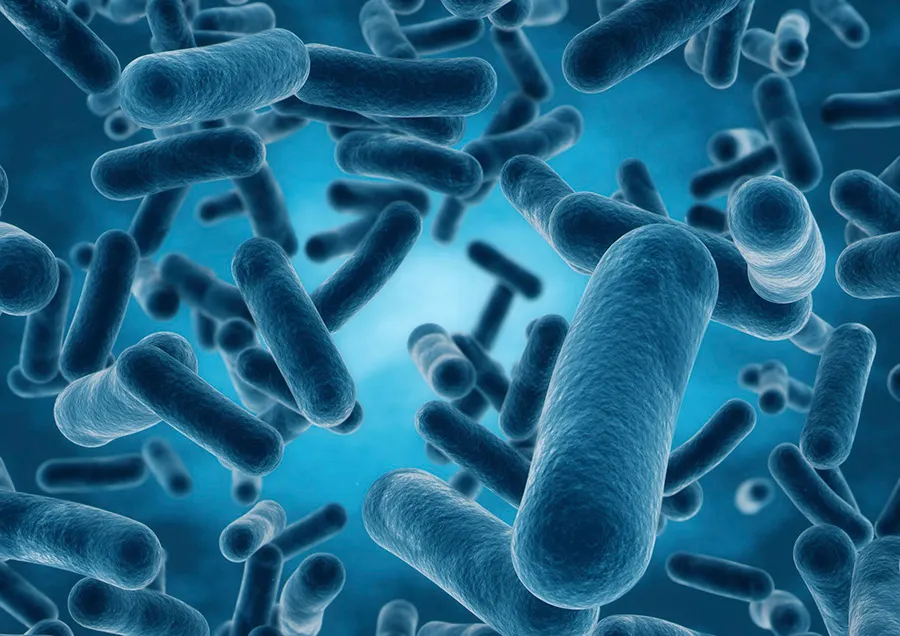Long Live Bacteria

The human intestines contain between one and two kilograms of microbes, which are bacteria referred to as gut microbiomes. There are hundreds of different species of these bacteria and they are essential to our health.
Latest research estimates there are around 38 trillion bacteria in the body, mainly in the gut, which is more than the number of regular human cells.
These microbes have many functions. They protect from some infections; they process some vitamins; they help control the immune system, and they have an effect on weight control and mood. Research is now starting to show a link between gut bacteria and brain activity.
The immune system needs the right quantity and balance of microbes to maintain its efficiency. When this goes array it can lead to problems with allergies, asthma, irritable bowel disease and even type 1 diabetes.
Several factors can reduce the number of important bacteria in the gut. A natural birth enables a child to inherit a good supply of the useful bacteria from the mother; Caesarean birth can miss out on this.
Antibiotics will kill off many of the good bacteria as well as the baddies. Excessive junk food does not replenish the right sort of bacteria into the gut.
Avoid antibiotics as much as possible.
Living bacteria can be reintroduced into the gut with certain foods, such as kefir yoghurt which has five times the useful bacteria as the best normal yoghurt. Fermented foods are also good, like sauerkraut. Kombucha, a fermented drink from tea, is also said to be good.
Talking of bacteria leads on to ulcers!
For decades, general medical wisdom said that stomach ulcers were caused by stress and regarded as difficult to treat, advice being to eat bland food, reduce stress levels and take a drug to lower acid production.
Then two Australian researchers, Professor Barry Marshall and Robin Warren, found the bacterium Helicobacter pylori. The Prof injected himself with the bacterium to test the hypothesis. It created ulcers and he cured them with antibiotics.
For many years their research was dismissed by other medics but in 2005 they received the Nobel Prize for Medicine.
Copyright 2023. © Healthy Wise & Happy.
All rights reserved.
This site is not a part of Google, Inc. or Google.com, nor is it sponsored or endorsed by Google. YouTube is a trademark of Google, Inc.
Disclaimer: This site is provided for educational purposes only.
Please consult a health professional before implementing any strategy discussed on this website.